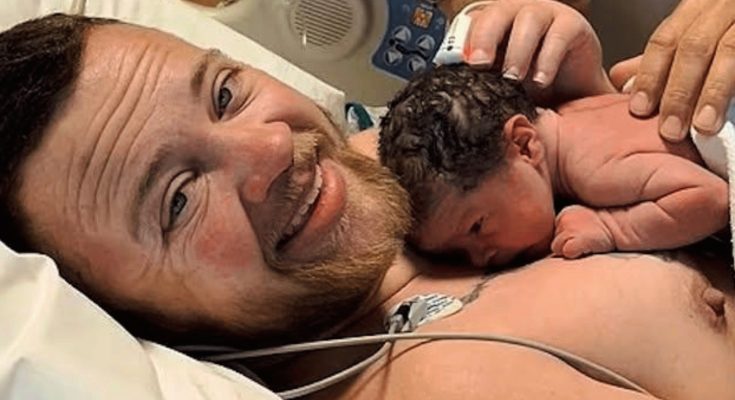Hooring people’s identities requires respecting their preferred names and pronouns. However, a lot of people still oppose this practice, frequently because they hold antiquated views or just reject gender diversity.
Bennett In October 2020, Kaspar-Williams, 37, and her husband Malik had a cesarean section to deliver their baby, Hudson. Kaspar-Williams, who now identifies as non-binary and uses both he/him and they/them pronouns, encountered several difficulties in the hospital even though she identified as male and used he/him pronouns at the time. The Daily Mail claims that nurses frequently misgendered him, calling him a mother rather than a father.
Kaspar-Williams began his change in 2014 after realizing he was transgender in 2011. While he had top surgery, he chose not to undergo lower body procedures. The experience of pregnancy and childbirth was both rewarding and difficult for Kaspar-Williams. He was particularly disheartened by medical staff’s persistent misgendering, which ignored his gender identity.
Even though Kaspar-Williams clearly manifest his gender on medical forms, the nursing staff continued to misgender him during interactions. This experience highlighted the ongoing struggle for recognition that childbirth and gender identity are not inherently linked.
Kaspar-Williams expressed his distress over being misgendered during childbirth, emphasizing the need to separate the concepts of womanhood and motherhood. He shared his frustrations with the New York Post, explaining the discomfort he felt when called “mom” despite indicating “male” on medical paperwork.
Being born with a uterus does not guarantee conception or pregnancy, according to Kaspar-Williams. “No one can ever really know whether having children is possible until you try,” she added. Because it is a false equivalency that all women can become mothers, that all mothers carry their children, or that all persons who bear children are mothers, it is crucial that we define “womanhood” in terms of “motherhood.”
By deciding to become pregnant after distancing himself from the ideas of gender identity and body functions, Kaspar-Williams’ narrative highlights the complexity of identity and the critical significance of honoring people’s self-identification.
The experience of Kaspar-Williams serves as a sobering reminder of the necessity of increased sensitivity and awareness in medical settings. Our awareness and appreciation of gender diversity must change along with society. Respecting people’s preferred names and pronouns is a big step in the direction of a more accepting and courteous society.
His pregnancy and delivery experience is a potent illustration of the need for a shift in the way we view and treat gender in many facets of life, particularly in vital fields like medicine. This story has wider ramifications for how we treat and value one another’s identities in all spheres of life, not simply one person’s experience.
